How a professional esports team prevents player injury
Professional gaming takes a bigger toll on the body than you might expect.
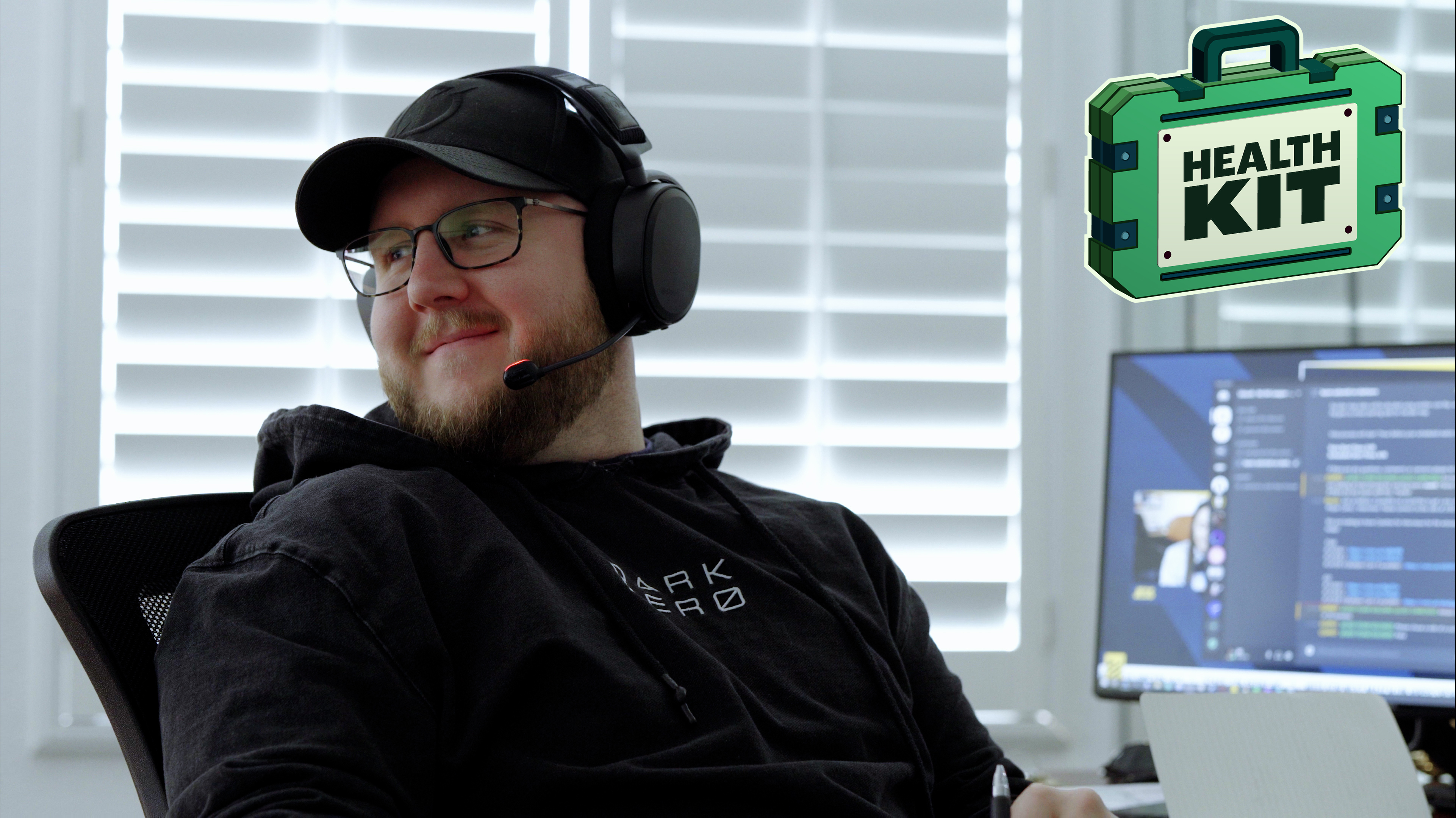
Swiping a mouse across a desk doesn't look quite as dramatic as bicycle kicking a ball into a net, so I don’t watch a professional CS:GO player pull off an impossibly precise flick shot and think, “Woah, I hope their wrist is OK after that one!” Except, that’s not an unreasonable concern. Esports players place a lot of strain on their hands and arms on a daily basis, and injuries are actually pretty common.
It's certainly a worry for Zach Matula, CEO of the Rainbow Six Siege-focused DarkZero Esports. Talking to me in October, Matula was excited to chat about player health and injuries, topics that he doesn’t believe enough people think about in esports. “I think that most people don't tend to identify health issues and esports together," he said. "It's an area that we certainly have had a lot of focus on at DarkZero. I think it’s very, very important [for the players] to extend their careers and just to extend their happiness.”.
One of the reasons it’s easy to ignore gaming-related injuries is because they’re usually invisible. Even as a casual Siege player, I’ll often ignore the light cramping I feel in my mouse hand after hours of playing. Mild palm pain doesn’t register as a problem in my head—it’s more annoying than anything.
In esports, nobody is dislocating their shoulder or blowing out a knee, but debilitating repetitive motion injuries are extremely common. “We've had multiple players suffer from carpal tunnel, it's something that we actively manage,” Matula said. Equally common among Matula’s players is Tennis Elbow (or Lateral Epicondylitis), an inflammation or tearing of tendons in the elbow common in racquet sports.
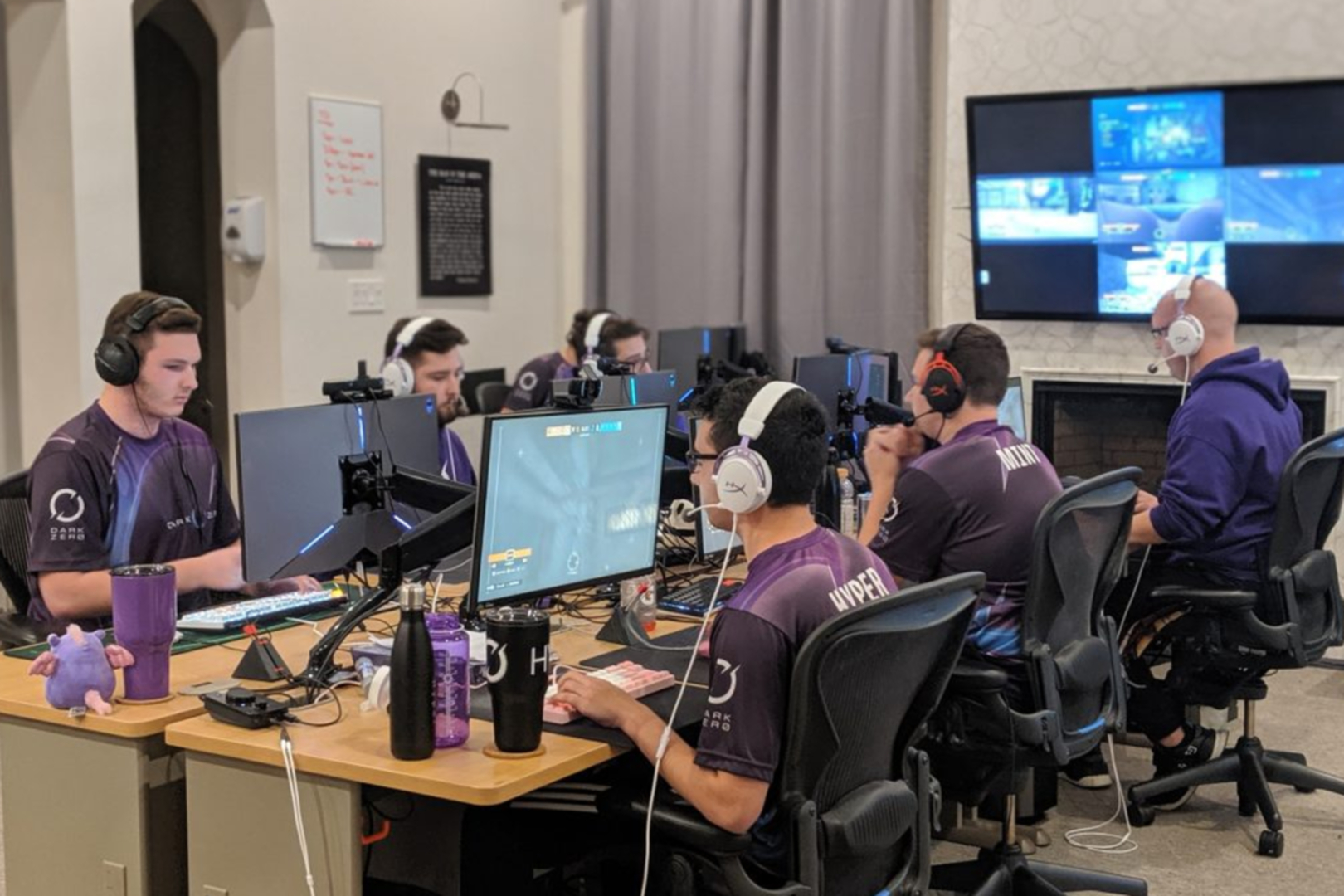
We all know that the career of an esports pro is something like 19 to 25. That’s awfully short.
If you’re wondering how PC gaming can possibly exhaust your elbow as much as tennis, it’s an affliction common in FPSes and other games that require precise mouse movements. Players that take shooters seriously typically lower their mouse sensitivity and aim by moving their entire arm instead of only the wrist. It can certainly help with accuracy, but bending your elbow and gripping your mouse too hard for up to 12 hours a day can deal real damage over time.
Even if you’re not a pro, keeping a good posture and stretching often is important for taking care of your wrists, hands, arms, and back. As DarkZero’s new Las Vegas-based team house opened in August, Matula made sure these measures were built into his players daily lives. “We had a physical therapist build out a morning stretch routine that they can do to work on their hands and elbows,” he said. “There are a few [players] that have had more issues with those repetitive motion injuries that are very, very good at doing those routines that we've built for them. Some of them do their own routines as well.” One of the routines he encourages is hourly breaks away from screens to “focus on something farther away” and give their eyes a break from the monitor’s blue light.
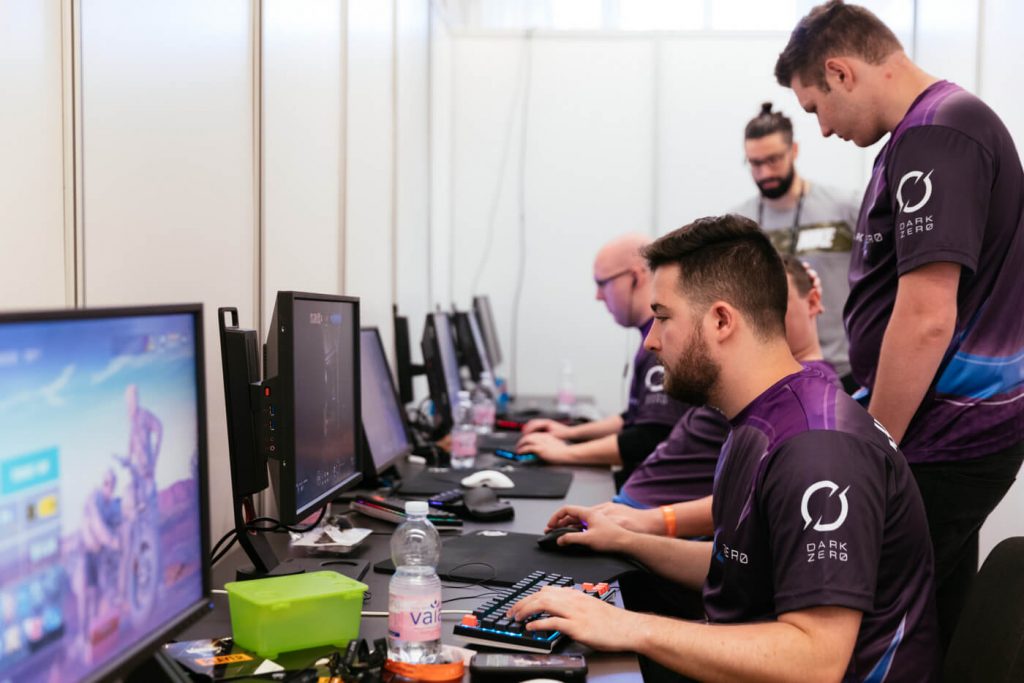
DarkZero does enforce some mandatory workouts (presumably in the facility’s included gym), but it’s up to the players to report acute pain and be honest about injuries. “Our typical approach is to surround the team with healthy options and encourage them to make the right decisions.”
Keep up to date with the most important stories and the best deals, as picked by the PC Gamer team.
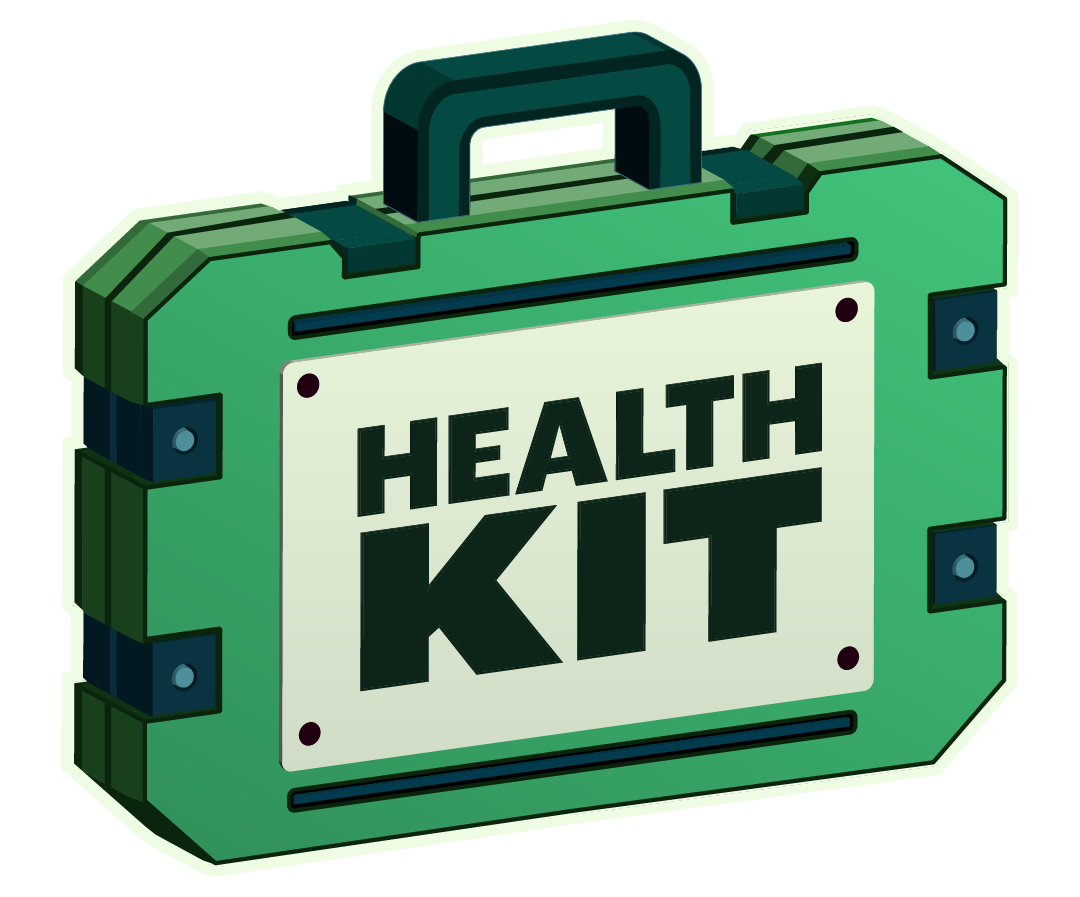
Health Kit is PC Gamer's coverage of health, ergonomics, and wellness, which is currently being produced with support from AMD. Throughout the rest of 2020, we'll be publishing more health-related articles and videos with advice from specialists.
“I don’t want to dictate every moment of their lives," says Matula. "So we try to provide these tools that they can use.” In other words, for Matula, it’s about encouraging compliance, not enforcement. Some aspects of the job, he reckons, are too sacred or personal to police. A good example is a player’s preferred mouse. “I'll never sign a partner that will force my team to switch their mouse. It's a very, very personal thing I find in esports in particular,” he said. “It is sort of their link between their hand and the game.”
There is a health-based argument for using a mouse that fits your hand, but Matula trusts his players to know what works for them. For proper posture, every player sits on a highly adjustable, $1,000 chair, a luxury that Matula says he was happy to supply. “Look, you're gonna spend 80 percent of your life in that chair, might as well be comfortable.” Even with all of these amenities, DarkZero’s players aren’t immune to injury. Pushing your body past its normal parameters for years will always have a lasting effect. If players are going to take on that risk, Matula thinks organizations have to take it seriously. “We all know that the career of an esports pro is something like 19 to 25. That’s awfully short. I think that is a signal that something is awry there and that there are things we can do to help at an organization level.”
Talking to Matula about his efforts to prevent player injuries, I got the sense that DarkZero (and other well-funded organizations like 100 Thieves and Liquid Gaming) are outliers in the world of esports. It’s one thing to house players in a central location and supply amenities, but I can’t imagine that small-time esports teams that only gather in-person for tournaments have regimented workouts or morning routines tailored by physical therapists.
Esports, for as much attention and money its biggest tournaments draw, is a volatile business. New organizations are constantly rising from the ashes of others that crumbled months before, snatching up players looking for a home. Players that feel lucky to have a contract at all probably aren’t pushing for personal trainers or health checkups. Sometimes, players have a hard enough time getting paid at all.
Thankfully, you don’t have to live in an all-expenses-paid team house to prevent repeated stress injuries. If your hands typically hurt after a full day of gaming, small adjustments like regular breaks or hand stretches can make a huge difference. And, seriously, watch that posture.
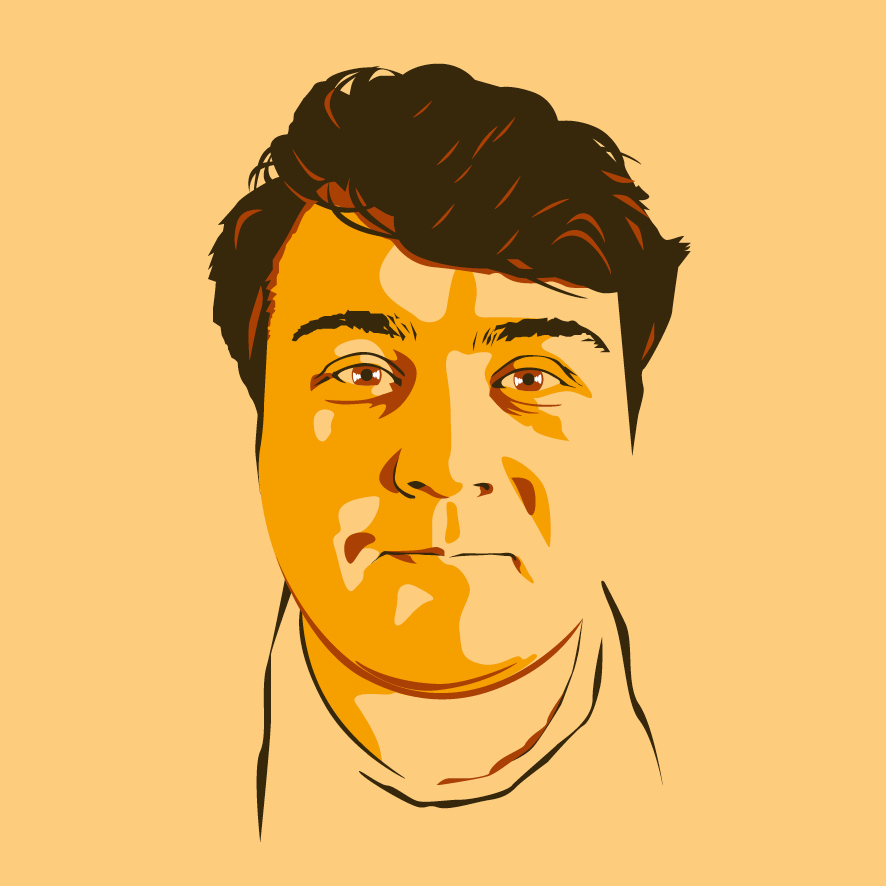
Morgan has been writing for PC Gamer since 2018, first as a freelancer and currently as a staff writer. He has also appeared on Polygon, Kotaku, Fanbyte, and PCGamesN. Before freelancing, he spent most of high school and all of college writing at small gaming sites that didn't pay him. He's very happy to have a real job now. Morgan is a beat writer following the latest and greatest shooters and the communities that play them. He also writes general news, reviews, features, the occasional guide, and bad jokes in Slack. Twist his arm, and he'll even write about a boring strategy game. Please don't, though.

